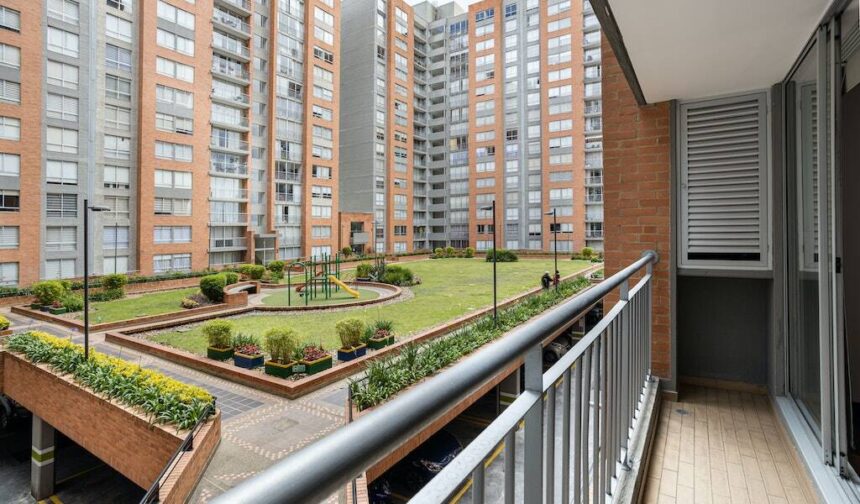In 2019 in the US, there were about 122.8 million households across the US. 36% of the US households belong to renters.
With so many rental properties across the US, many are managed by property management companies whose goals include caring for the property, keeping good renters, and making money for the property owners.
So, what mistakes in residential property management sometimes prevent those goals from coming to fruition?
What do good property managers do to be successful that others could learn from? Read on to learn more.
Bad Renters
One of the biggest property manager’s responsibilities is to fill properties with renters. The caveat is that you don’t just want renters but good renters.
You could fill your properties with the first renters who come along without doing any checking on them and end up with more trouble than they’re worth.
Be careful to avoid being so zealous in getting a renter for a property that you get a bad one.
It’s essential to have quality screening processes for potential renters. You want to check their rental history, verify employment, and check their credit history and references.
Sure, this requires a fair amount of work on the property manager’s part. Yet, often less work than dealing with all the trouble of bad tenants.
Lackluster Marketing
While there are many renters across the US, there are also many properties available as options for them to rent.
To compete and get the best tenants, you must be accountable for your marketing. Good tenants won’t just show up on your doorstep.
Instead, you need quality photos of the property you’re trying to rent. You want to portray the property both accurately and well. You need to list your available property on listing sites where potential renters look for properties.
You also don’t want to wait until the property is empty to start looking for a new tenant. Experts suggest you create a few months before the property will be vacant to start bringing in the next tenant.
Rental Rates
Your property is only worth what someone is willing to pay for it. Many property owners get their own ideas about what they think someone should pay in rent for a property without it being based on any data.
Your rental rates need to be competitive with properties in the area. You could have the nicest apartment around for rent. Still, if a similar property is several hundred dollars less each month, you’ll likely lose the good potential tenant to the other property.
Make your rental rates based on data. Look at similar properties in the area. Compare size and amenities when you consider the rent cost.
Chasing Rent Payments
Ultimately, you want to find renters who are good tenants and pay their rent on time each month. However, there’s also the reality that this doesn’t always happen.
You won’t likely have the time or resources to chase rent checks. Your renters need to know upfront the consequences of not paying on time. Often this incentivizes them to pay on time.
Nobody likes playing bad cop and charging late fees. If your renters know they’ll face steep late fees for late payments, they’ll make it a bigger priority to pay on time.
Not Keeping Up With the Property Condition
You’ll have the responsibility of cleaning residential properties between tenants and keeping common areas kept up.
However, a contractor or maintenance crew often does much of that work. You only see the property when you take a prospective tenant through.
You need to see the property through the lens of a prospective tenant. What will they notice about the property that might make you lose them as a tenant?
You might also more successfully retain good tenants if you’re keenly aware of the property’s condition and do everything you can to maintain it.
One way to be aware of property conditions is to keep up with the residential property inspections. Talk to current tenants about the apartment and immediately address any issues.
Managing Repairs and Maintenance
Many owners will attempt to handle their own routine and emergency maintenance on properties to save money.
A quality property management company will have all the procedures and teams to show the owners how letting someone else manage these needs is wiser.
A property maintenance routine means renters know precisely how to let you know maintenance is needed. You have the resources, employees, or contractors at the ready to handle those needs.
Housing Law Issues
As a residential property management company, you have a responsibility to know all the local housing laws and to follow them.
You also want to ensure your renters abide by local laws and ordinances while in your properties.
As you consider tenants, you must be keenly aware of the federal Fair Housing Act and how it prohibits discriminatory practices in selecting renters.
Not keeping up with housing laws can mean facing violations and citations as a property owner or manager.
Property Data
You always want to be accountable to property owners about property management costs and what they cover.
As you make decisions about a property, it should be based on data for the area and not any kind of gut instinct. You should be able to show an owner why you set rental rates where you did.
Back up your costs with data to show you make the best decisions for a property you’re managing.
Avoid These Mistakes in Residential Property Management
Making mistakes in residential property management can cost a loss in revenue. It can also mean you lose out on the best renters or don’t land a contract with a property owner.
Property management is an essential business for both renters and the owners of the properties. To read more business-related articles like this, be sure to check out the business section.



